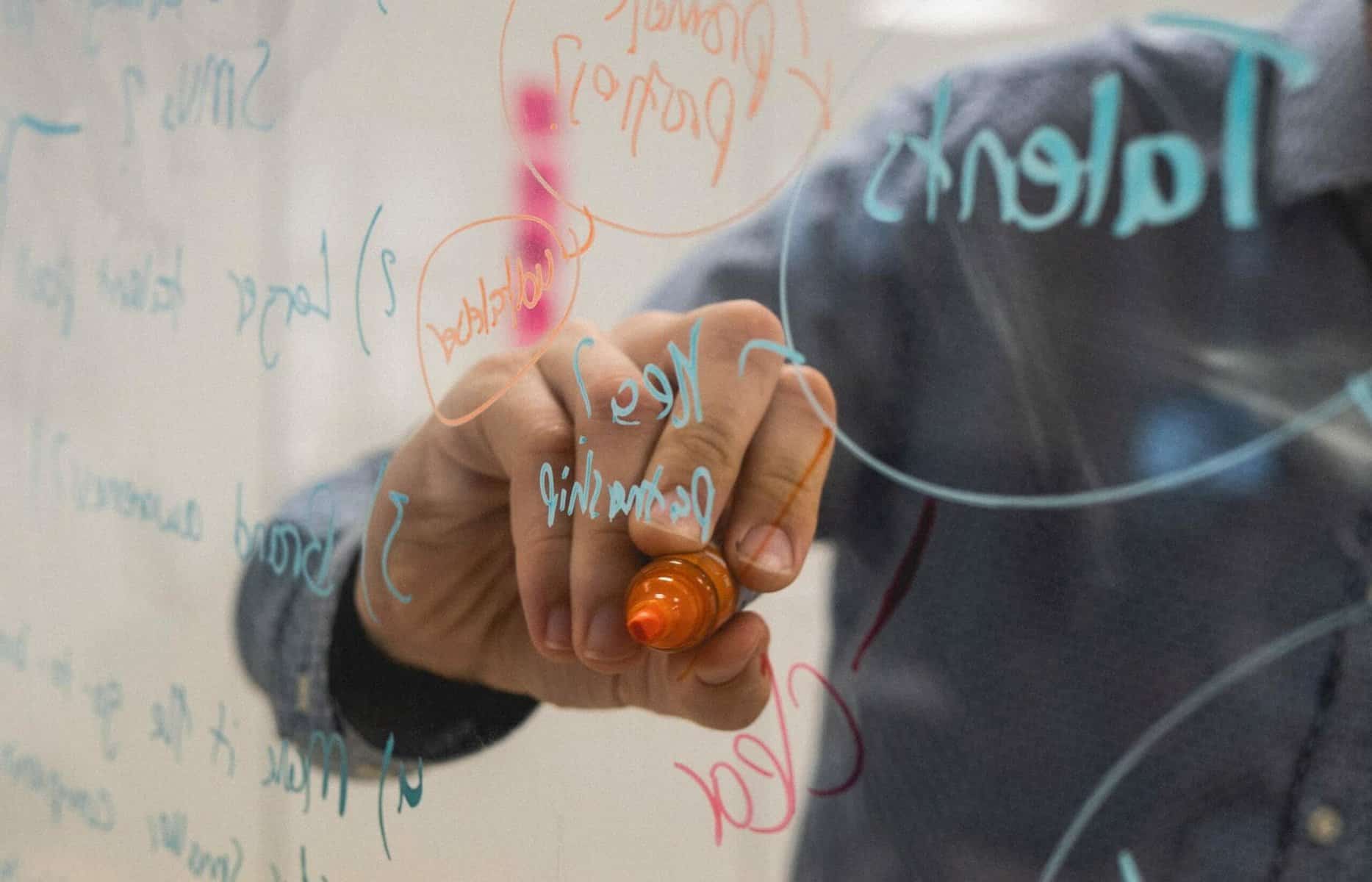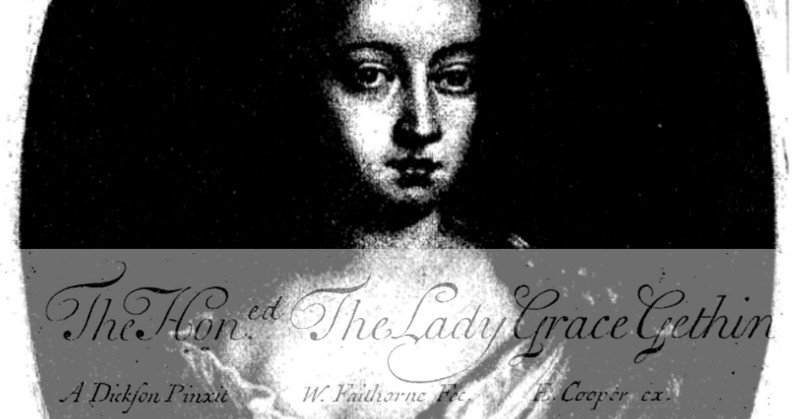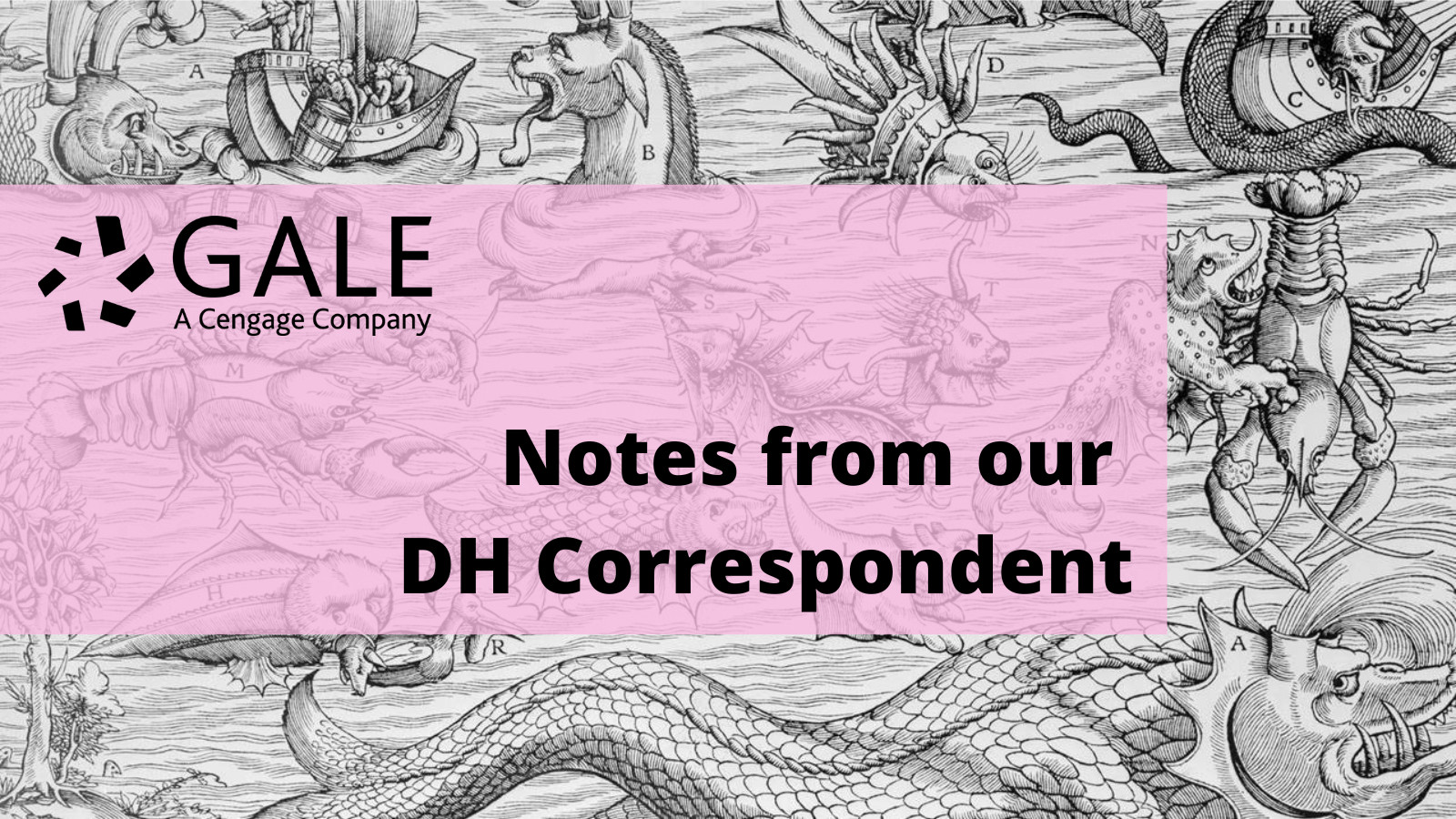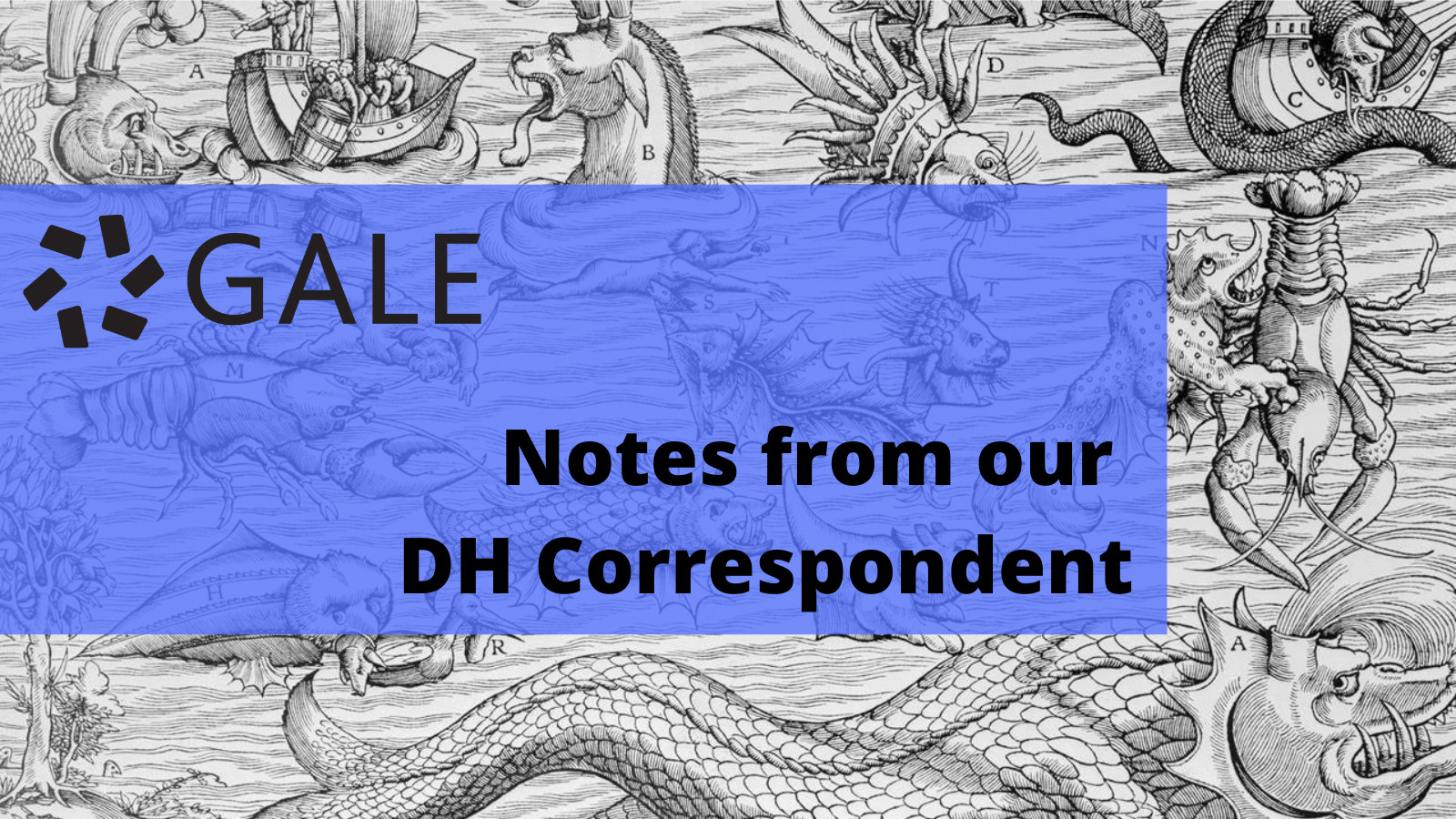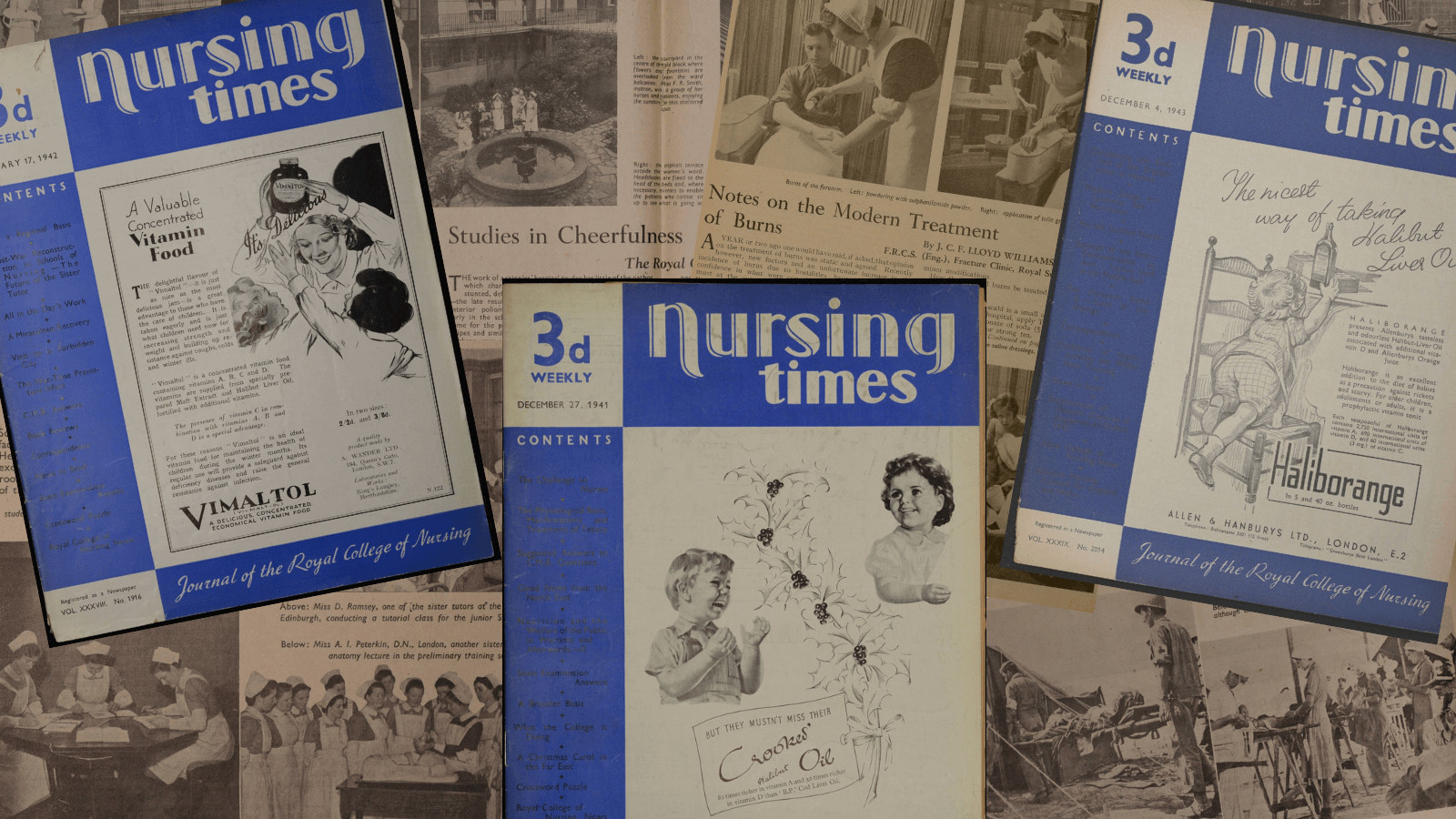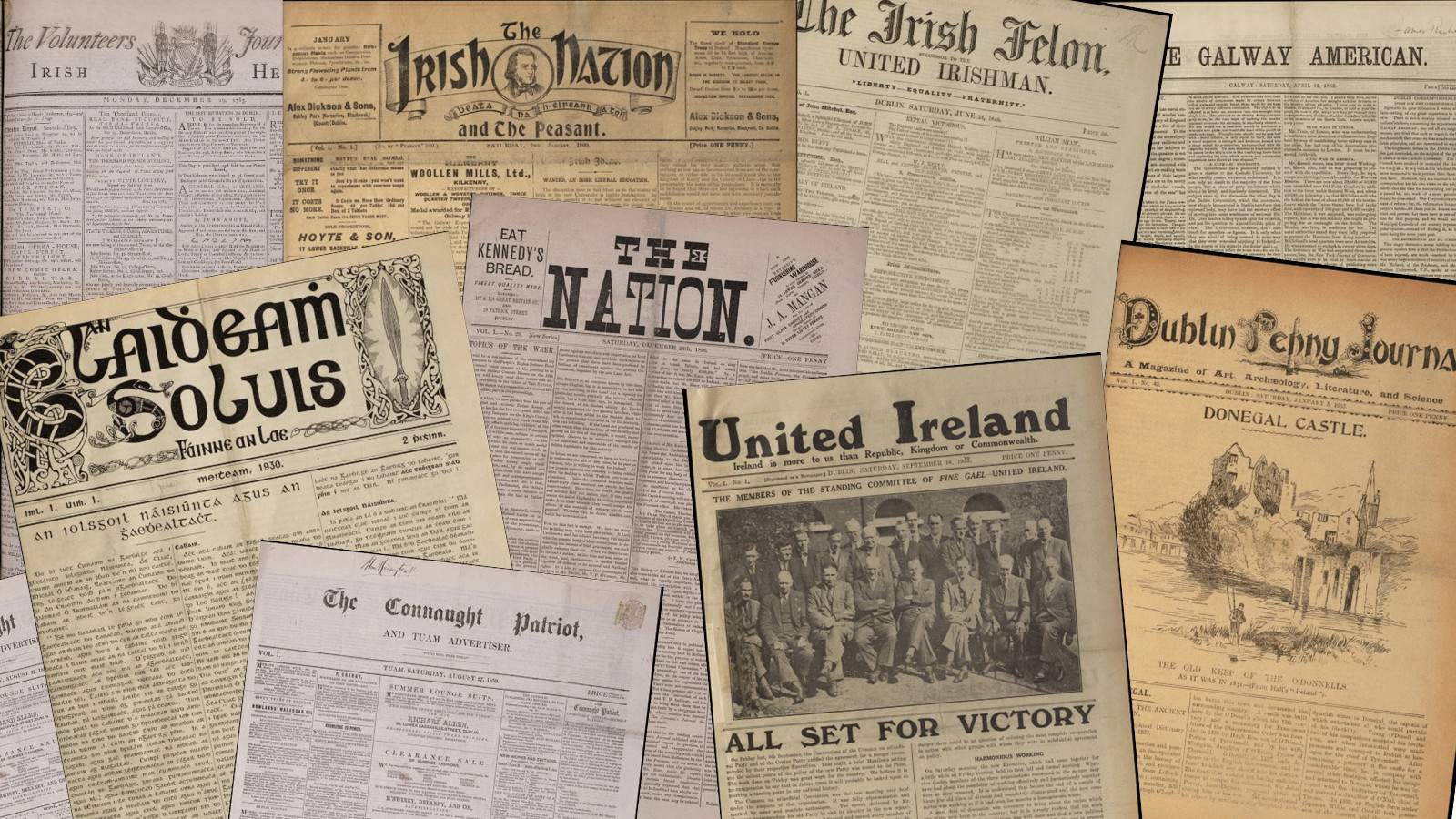│By Becca Leeland, Gale Ambassador at the University of Exeter│
Anyone that says to a humanities student ‘all you have to do is read a book and have an opinion’ is someone who’s never had to prepare for a seminar! Seminars are the foundation of my degree – they guide me to the crucial works in a given field, they give me the space to explore ideas, and sharpen my skills in argument and writing. But they can also be daunting, especially when you’re presented with the work of the finest minds in history and are expected to make sense of it; you know you’re intelligent, you know you can do this, but sometimes you just need a little push in the right direction…
*Enter Gale Digital Scholar Lab.*
Gale Digital Scholar Lab is designed to make data mining and primary research more efficient with a three-step process of build, clean, and analyse. Utilising some of these techniques, you can gain a solid idea of where the texts are going and what to look out for, something that is really helpful when you start reading the material more closely.


